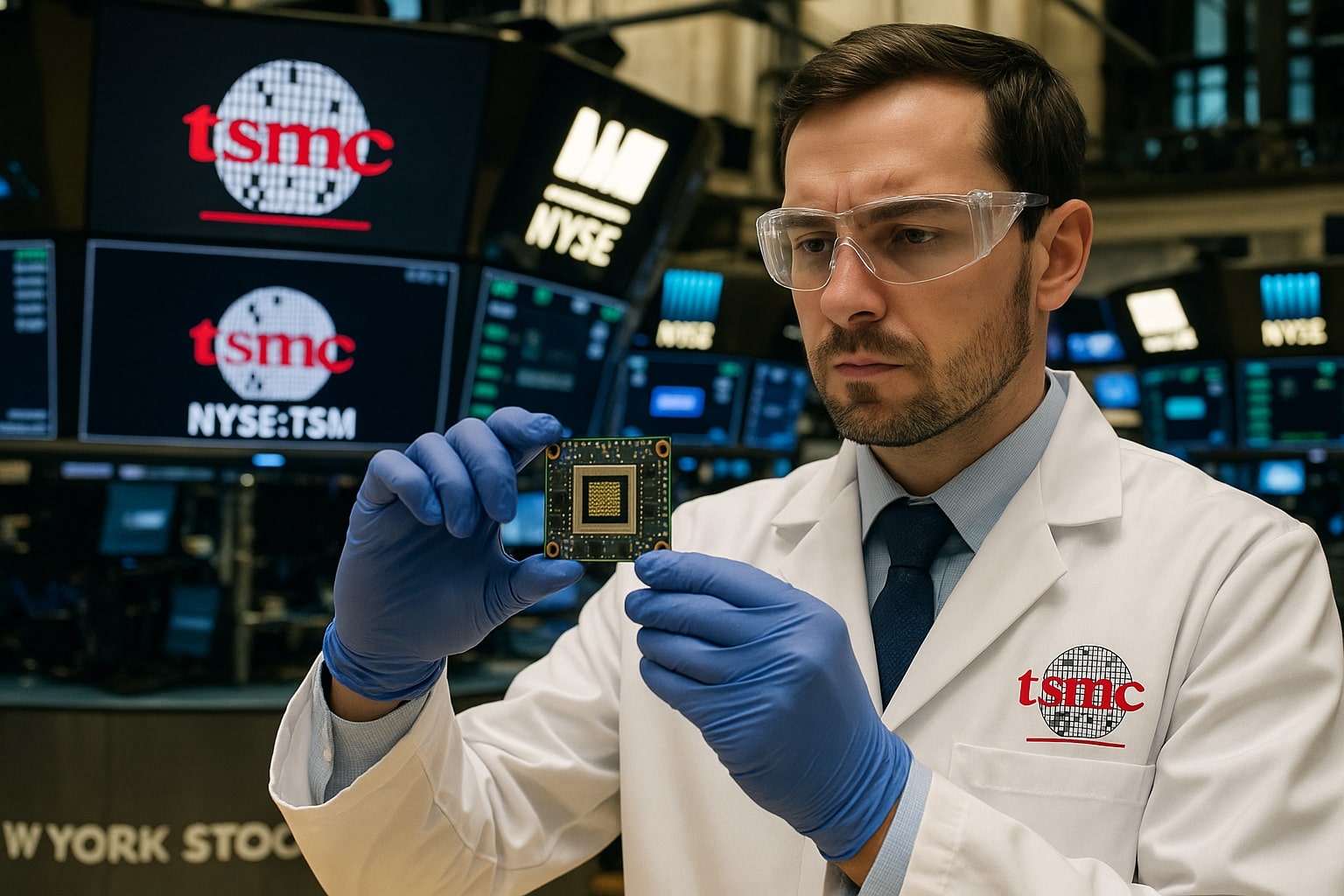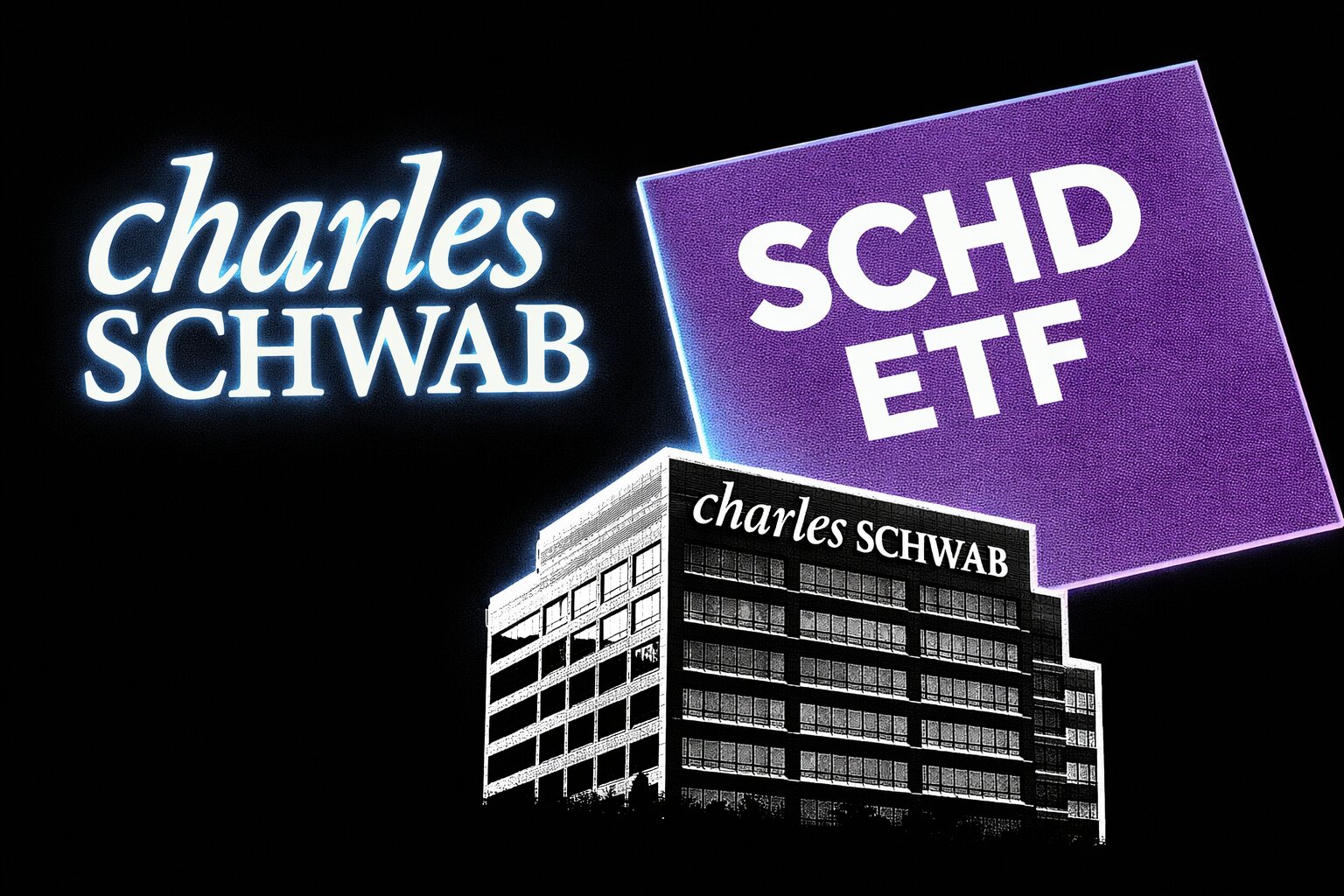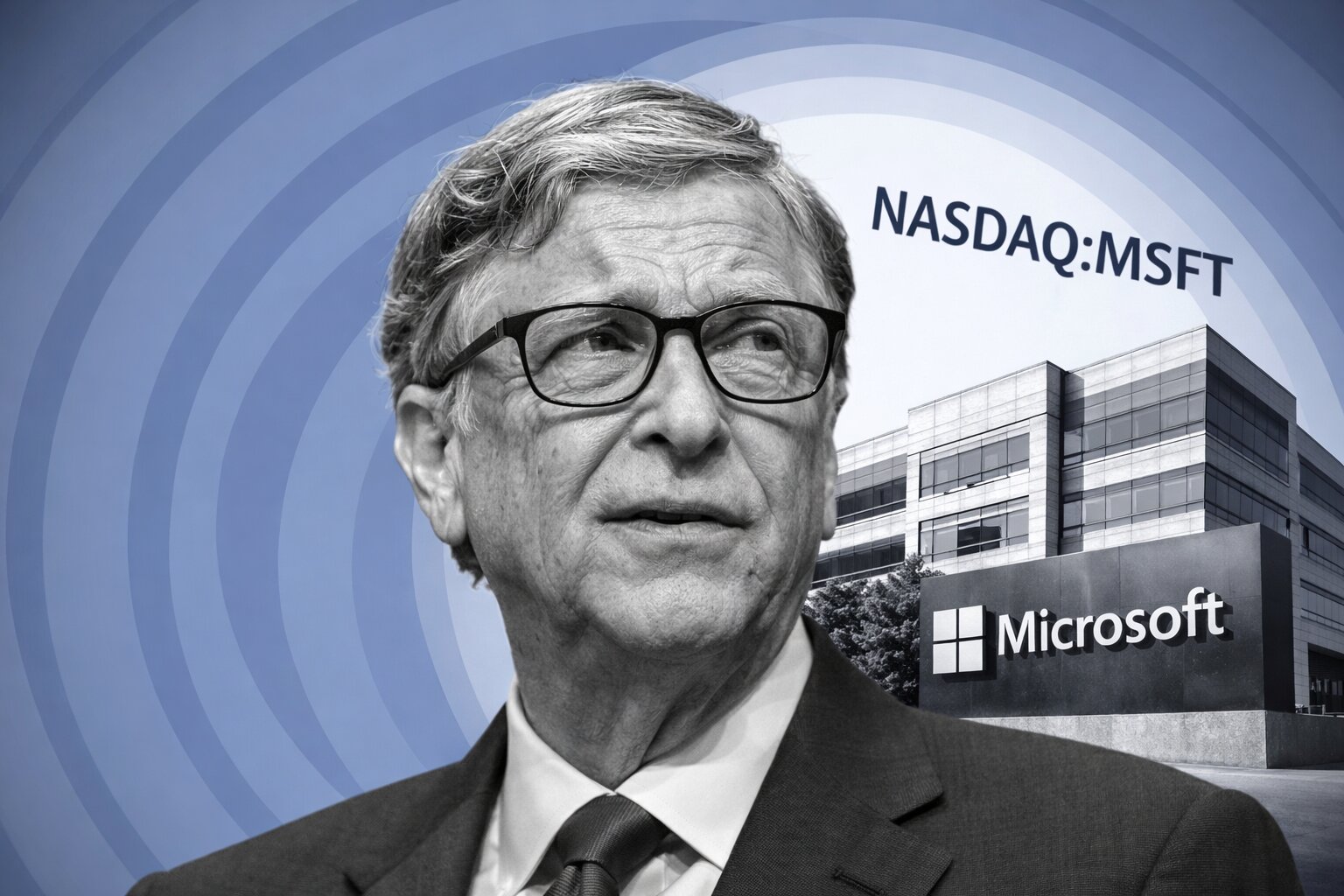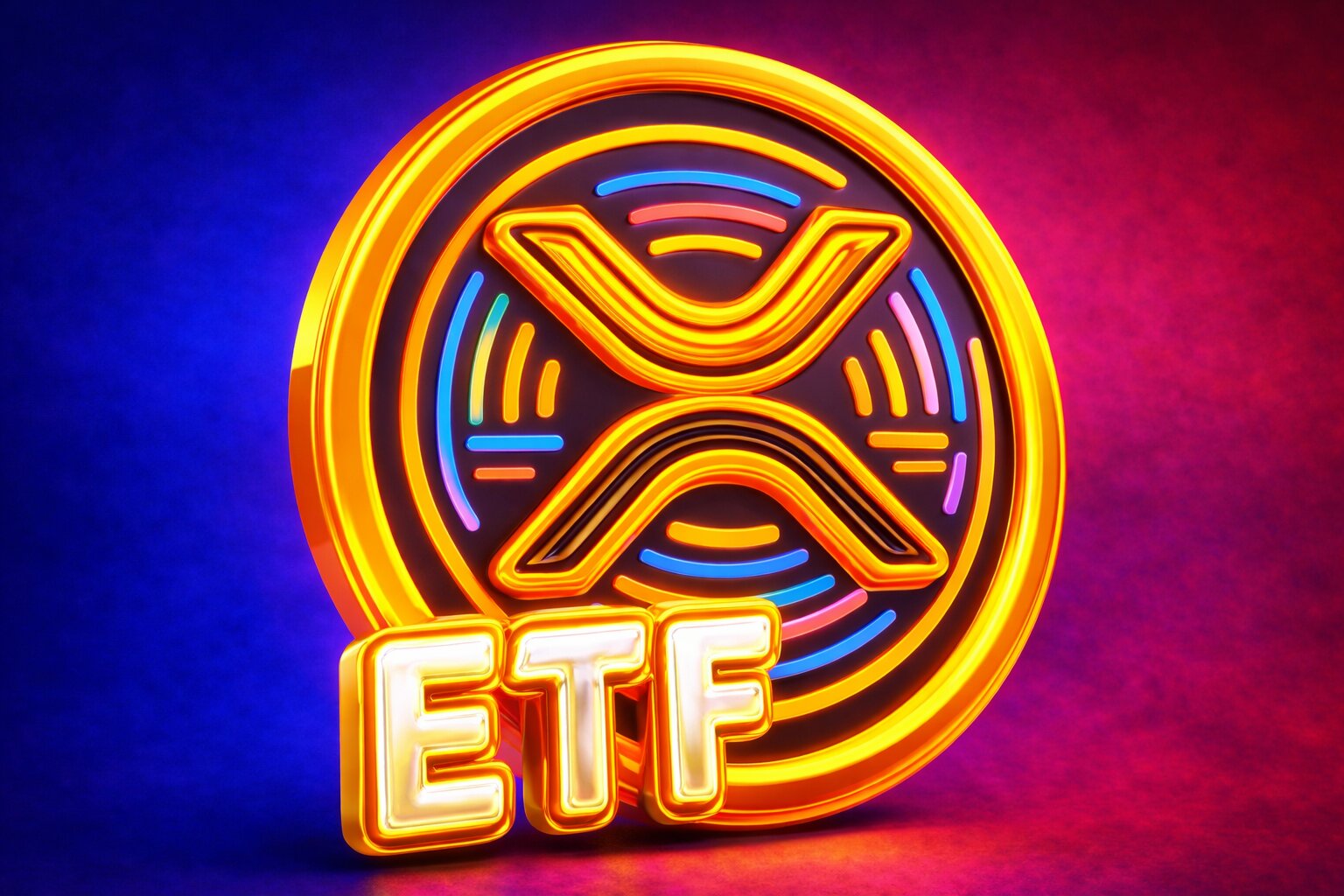TSMC: A Market Leader Positioned for Growth Amid Global Geopolitical Shifts and Strong Demand in Semiconductor Manufacturing
TSMC's Competitive Positioning in the Semiconductor Foundry Market
NYSE:TSM, Taiwan Semiconductor Manufacturing Company, continues to dominate the semiconductor foundry space, and its market share gains highlight its superior position relative to competitors. The company has been consistently increasing its foundry market share, largely at the expense of its primary competitor, Samsung Electronics. This market share growth is particularly notable because it is taking place amidst significant headwinds, including geopolitical risks and tariff pressures. Samsung has struggled in recent years to maintain customer loyalty from major players like QUALCOMM (QCOM) and NVIDIA (NVDA), with TSMC emerging as the preferred foundry partner for key semiconductor giants.
One of the factors driving TSMC's dominance is its reliability and execution. The company has managed to maintain strong relationships with customers despite global uncertainties, including the ongoing tariff discussions with China. This is largely due to TSMC’s capacity to handle leading-edge technologies with precision and the trust it has earned with its clients. Industry insiders have noted that TSMC’s ability to deliver cutting-edge semiconductor technology, especially in the manufacturing of high-performance chips for AI and 5G, is helping it solidify its market-leading position.
As TSMC expands its geographical presence, especially in the United States, it also appears to be taking market share away from Samsung. The potential collaboration with Intel (INTC), where TSMC could take a 20% stake in Intel's US-based fabs, could be a game-changer. Such a partnership would allow TSMC to further solidify its leadership in the global semiconductor space and create significant challenges for Samsung, which is already facing competitive pressures from other manufacturers.
Strong Profitability Despite Gross Margin Pressures
Despite ongoing challenges, TSMC has shown resilience in maintaining profitability, which speaks volumes about its operational efficiency and strategic execution. Gross margin pressures were anticipated, particularly due to the ramp-up of overseas fabs and the associated dilution costs. However, the company’s first-quarter results surprised analysts by showing a much smaller than expected margin contraction. Q1 FY25 saw only a 20bps quarterly decline in gross margin, with 58.8% gross profit margin, despite the challenges from Taiwan’s earthquake and the operational costs linked to overseas production.
This margin performance, despite market expectations for a more severe contraction, signals that TSMC’s management is effectively controlling costs while continuing to invest in next-generation technologies. This strong cost control, along with its market-leading position, has led analysts to revise their long-term margin outlook for TSMC, with expectations now ranging from 57% to 59%. These margins are a testament to the company’s ability to navigate through challenges and remain profitable even as the industry faces significant fluctuations in demand and pricing pressures.
Geopolitical De-Risking and Growth Prospects
One of the most significant risks to TSMC's valuation has been the geopolitical risk associated with its Taiwan-based operations. With growing tensions between the US and China and the ongoing threat of trade wars and tariff impositions, TSMC's operational future in Taiwan was under question. However, recent developments have significantly de-risked the geopolitical aspect of TSMC's operations.
A key move in this direction is TSMC's investment in its US-based facilities, particularly in Arizona. The company is set to invest $100 billion in expanding its production capacity in the U.S. This move not only addresses concerns from U.S. policymakers but also serves as a hedge against potential disruptions in Taiwan. The new Arizona operations are expected to manufacture cutting-edge N2 process chips, which are set to lead the industry in the coming years. As a result, TSMC's geopolitical risks are being mitigated, and the company’s U.S. expansion could be a significant catalyst for long-term growth.
Additionally, the reduction in trade tensions, particularly regarding U.S.-China relations, is another key factor contributing to the reduced geopolitical risk. The easing of tariff restrictions and the more positive stance from the U.S. government towards semiconductor manufacturing in the country is a direct benefit for TSMC. This reduction in geopolitical uncertainty could potentially unlock greater value for TSMC as it becomes less reliant on its Taiwan operations and increases its footprint in the U.S.
Valuation and Stock Performance: Is TSMC Undervalued?
Despite TSMC's dominant market position and strong growth prospects, its stock continues to trade at a relatively discounted valuation compared to its peers in the semiconductor industry. TSMC's current forward P/E ratio of 15.7x represents a 23.2% discount relative to its peers in the semiconductor foundry market. Historically, TSMC has traded at a discount of around 21.5%, and its current discount suggests that the market is pricing in certain risks, particularly related to geopolitical instability and trade tensions.
However, given TSMC's leadership in semiconductor manufacturing and the ongoing trend of increased demand for chips in the AI, 5G, and automotive sectors, it is likely that TSMC’s stock will see multiple expansion in the near future. The company’s capex intensity, which is significantly higher than that of its competitors, further reinforces its dominant position in the industry. TSMC is expected to spend between $38 billion and $42 billion in 2025 on manufacturing capacity and technology development, dwarfing the investments of competitors like Intel, which plans to spend only $18 billion.
The discounted valuation, combined with TSMC's consistent market leadership and the increasing de-risking of its geopolitical profile, makes the stock an attractive long-term investment. As geopolitical risks continue to recede and TSMC solidifies its U.S. footprint, the company could experience a re-rating, leading to significant upside potential for the stock.
Technical Setup: Ideal Buy Opportunity
From a technical standpoint, TSMC's stock presents an ideal buy setup. The chart shows a strong long-term uptrend with clear support levels. TSMC has recently experienced a false breakout, followed by a swift recovery, which signals strong underlying momentum. The price has found a strong support level near $75, and any pullback to this area would provide a favorable entry point for long-term investors. Additionally, the stock is currently trading above its 50-day moving average, which suggests that the bulls have control over the price action.
The stock is likely to continue its upward trend, particularly as the market reacts positively to the news of TSMC's U.S. expansion and its market share gains over Samsung. The recent geopolitical stability and TSMC's ability to execute its business plan effectively make it a strong candidate for continued growth.
Final Thoughts: Buy, Hold, or Sell?
Despite some short-term volatility, TSMC remains a strong buy for long-term investors. The company’s market leadership, robust financials, and strong growth prospects driven by increased demand for semiconductor chips make it an attractive investment. The geopolitical risk, which has weighed heavily on TSMC’s valuation, is gradually being mitigated, and the company’s expanded footprint in the U.S. further strengthens its position in the global market. The stock is currently undervalued, offering significant upside potential once the market recognizes the full extent of TSMC's competitive advantages.
Given the current setup, TSMC appears to be an excellent opportunity for investors looking to capitalize on the growth of the semiconductor industry. With a Strong Buy rating, TSMC is well-positioned to outperform the broader market in the coming years, driven by its strategic investments, market share gains, and strong financial performance. For those looking to enter the semiconductor sector, TSMC presents one of the most compelling opportunities in the market today.



















